The famous British media "Financial Times" reported on March 7th local time that US President Biden will convene the so-called "four-nation summit" next week, which will gather the heads of the four countries of the United States, Australia, Japan and India. Discuss together how to deal with China's growing influence in the Indo-Pacific region. This upcoming meeting is considered to be the continuation and strengthening of the meeting of foreign ministers from the United States, India, Japan, and Australia at the beginning of this year. However, according to sources, Indian Prime Minister Modi may refuse to participate in this meeting and refuse to deepen military cooperation with the United States, Japan, and Australia on the issue of containing China.
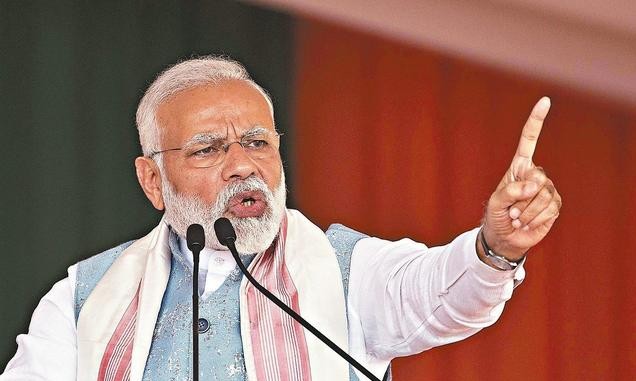
"Financial Times" believes that this speculation is not groundless, because Modi has yet to make any response to the meeting, and his social media accounts and other platforms have never mentioned the meeting. Now that Australian Prime Minister Morrison, US President Biden and Japanese Prime Minister Yoshihide Suga have publicly stated that they will participate in the meeting, only Modi remains unmoved. This move is very abnormal. Combined with the recent series of actions by the Indian military, many foreign media have predicted that India will likely refuse to participate in this meeting against China.
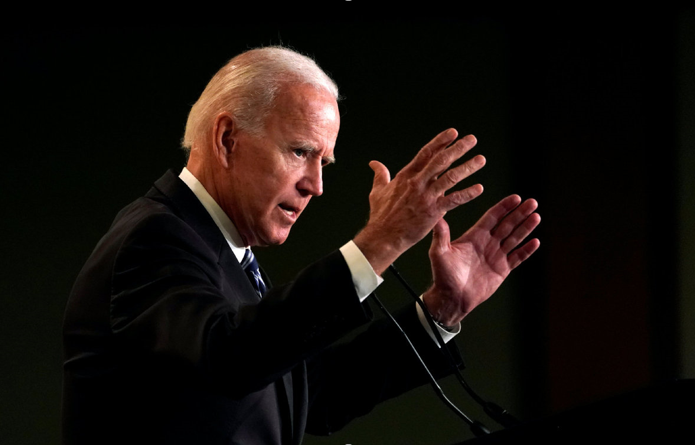
The local Indian media "The Times of India" also believes that India may have changed its views on the "four-nation alliance" mechanism. The Indian government may believe that working with the United States to oppose China will not bring much practical benefit to India, and therefore has an impact on the entire US strategy Enthusiasm is greatly reduced. If India really refuses to participate in this anti-China alliance, although it is unexpected, it is really reasonable.
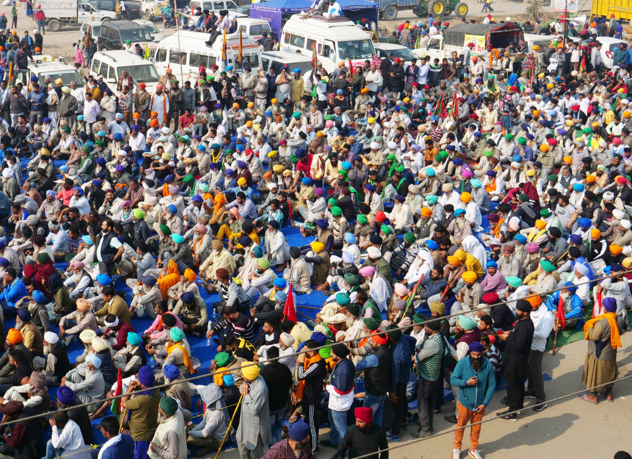
First of all, for Modi, despite the prevalence of ultra-nationalism in India, Modi, as the head of a country, must have a clearer understanding of the combat effectiveness of the Indian army. Once an all-out war breaks out between China and India, the Indian army will never be able to win. This is why Modi has been reluctant to actually start a war despite his harsh words. India can neither beat China, but also borders China. Once the "four-nation alliance" angers China, India will inevitably be pushed to the forefront by the United States. Therefore, Modi is unwilling to sacrifice his own national interests to give the United States a wedding dress.

Second, the current domestic situation in India determines that India lacks the ability to continue to implement anti-China policies. The domestic situation in India has been turbulent recently. The new crown pneumonia epidemic has raged before, tens of millions of people have been infected, and hundreds of thousands of people have died. Moreover, the new crown pneumonia epidemic has brought about a major economic setback. Then Indian farmers flocked to New Delhi to organize protests due to their opposition to the new version of the Agricultural Law. Although provoking foreign countries can strengthen domestic cohesion and divert domestic attention and contradictions, in fact, Modi has used this trick long ago. Now the turbulent situation in India is enough to prove that the policy is completely bankrupt. Therefore, the Modi government must shift its attention to the country.
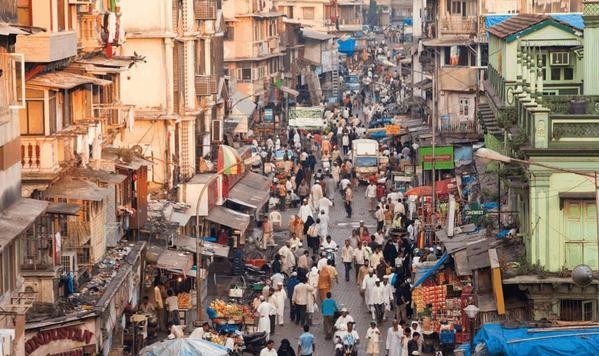
As an excellent politician, Modi will inevitably weigh foreign policy based on the actual domestic situation. Containing China will bring only harm to India. To cite the simplest example, even if there are twists and turns in China-India relations in 2020, and the new crown epidemic is raging around the world, the trade data between China and India are still eye-catching. According to Indian media, the two-way trade volume between China and India in 2020 was 77.7 billion U.S. dollars. Although it was lower than the 85.5 billion U.S. dollars in the previous year, China still replaced the United States and became India's largest trading partner. Under the premise of the raging epidemic and the tension of bilateral relations, China can replace the United States, which is enough to see the closeness of Sino-Indian trade. And according to Indian media, the Indian government has begun to lift some restrictions on investment by Chinese companies in the past few weeks, and related approvals have already been initiated. Proceeding from actual interests and considering the direction of future development, India has no reason to alienate China.
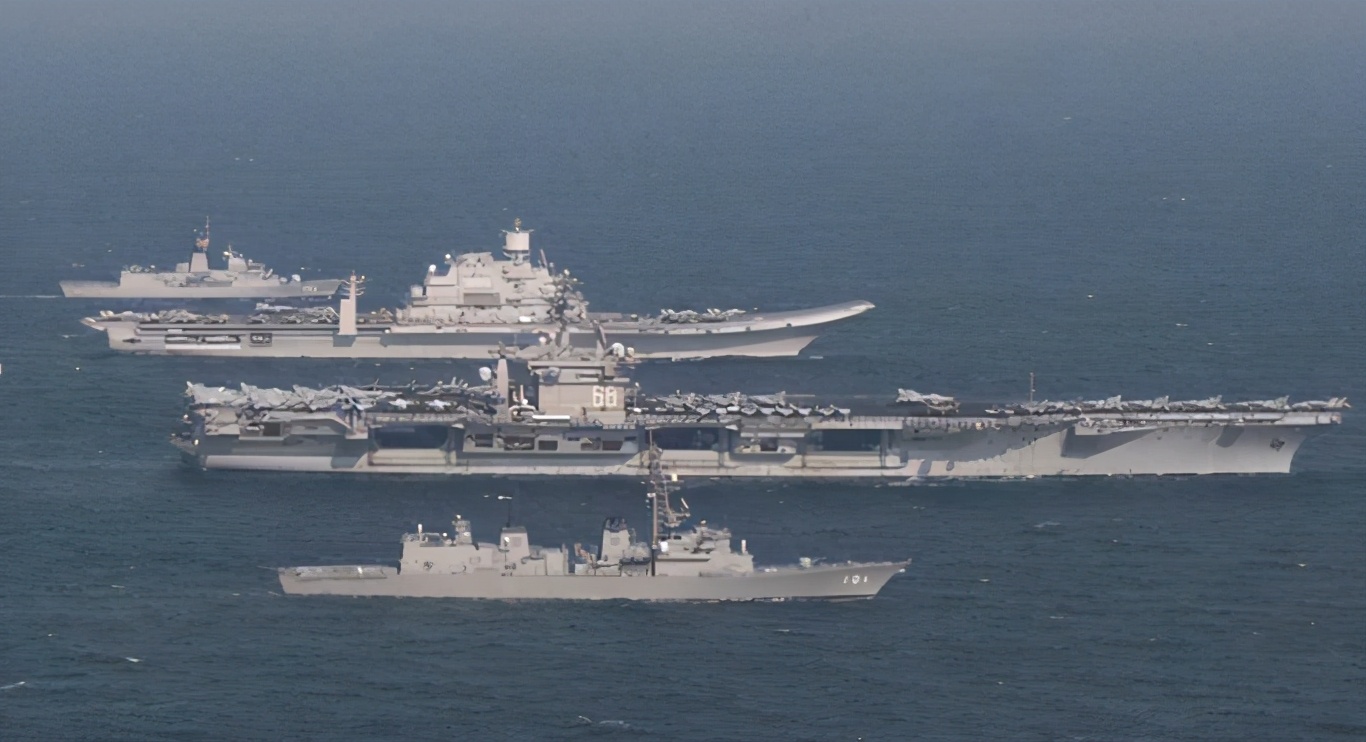
Getting close to the United States may bring wars and disputes to India, and getting close to China brings tangible benefits to India. The market potential of China and India is huge, and Sino-Indian diplomacy will only allow the United States to reap the benefits of the fisherman. If the Modi administration still had illusions about the United States in the early stage, then after the disengagement of the Chinese and Indian armed forces, the US's face-turning behavior was enough to make India see the sinister intentions of American politicians such as Biden. According to a report in the "Hindustan Times" on March 3, the US human rights monitoring agency "Freedom House" released its "Annual National Human Rights Report". The "Report" spoke sharply when talking about India, saying that the Modi government “Strong suppression” was adopted against farmers’ demonstrations in India, and policies such as “shameless blockade” and “making Muslims a scapegoat for the epidemic” were adopted when dealing with the epidemic. Therefore, the “Freedom House” changed India’s human rights hierarchy from “freedom”. "The level is downgraded to "partial freedom." Although "Freedom House" is an unofficial human rights monitoring organization, it actually receives funding from the US government all the year round. It can be said that although "Freedom House" is not an official agency of the US government, it is definitely one of the important mouthpieces of the US government. Its speeches can represent the official opinions of the US government to a large extent.
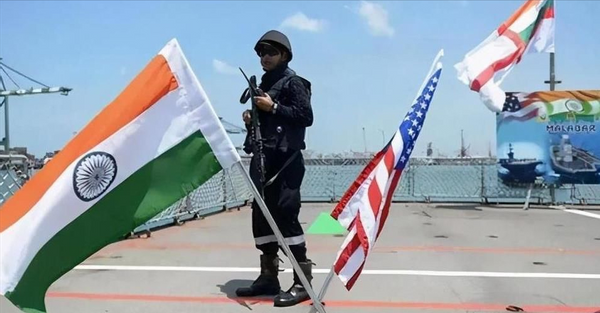
With the use of human rights weapons, the United States has already begun to stamp out printing degrees. Between China and the United States, how India should choose, I believe Modi has the answer. Of course, the above is just speculation. Although good relations with China are the diplomatic choice that best suits India’s national interests, India is currently limited by its strong policy inertia on the one hand, and is kidnapped by the domestic turbulent ultra-nationalist ideology (in China). When the Indian army disengaged, there were already many voices calling Modi a "traitor"). At the same time, the United States was making trouble. Whether the Modi government can clear the fog and choose the most correct path, it still takes time to tell us. answer.
Congratulations @shawnx! You have completed the following achievement on the Hive blockchain and have been rewarded with new badge(s) :
Your next target is to reach 50 upvotes.
You can view your badges on your board and compare yourself to others in the Ranking
If you no longer want to receive notifications, reply to this comment with the word
STOP